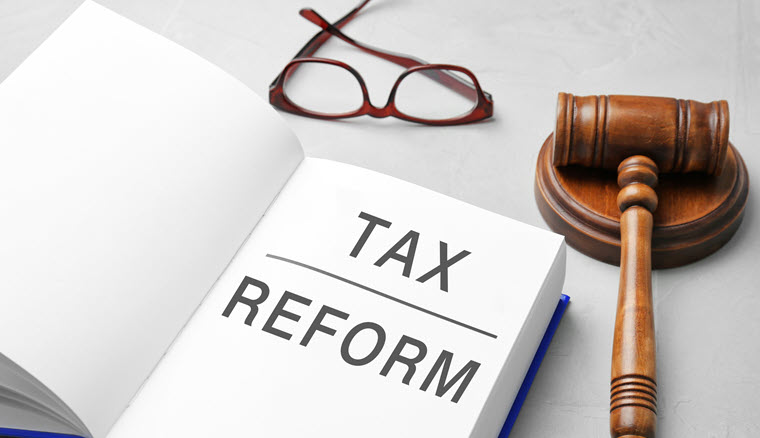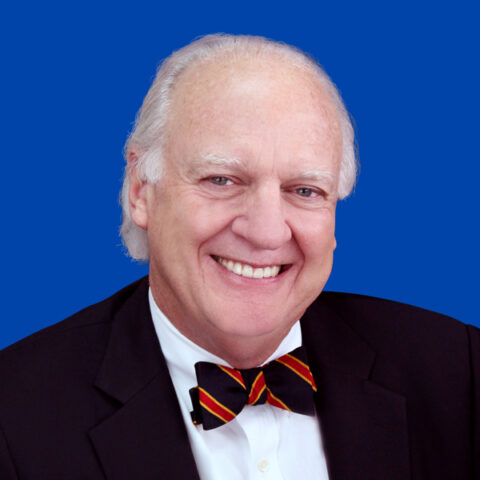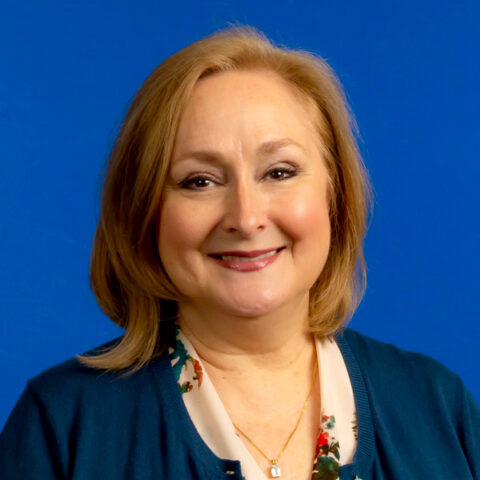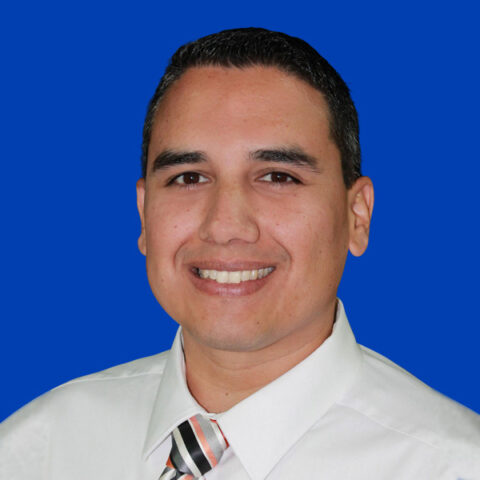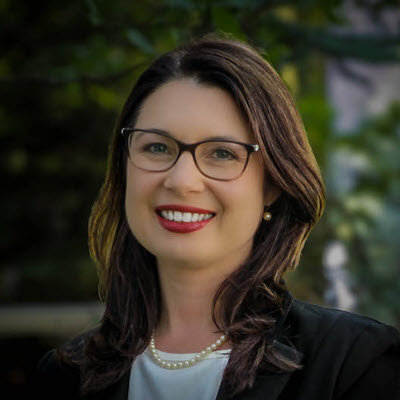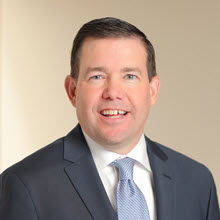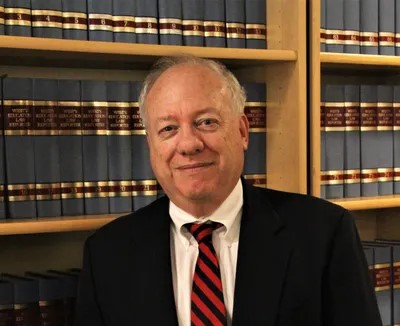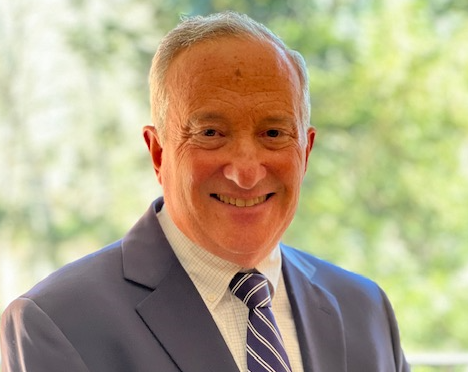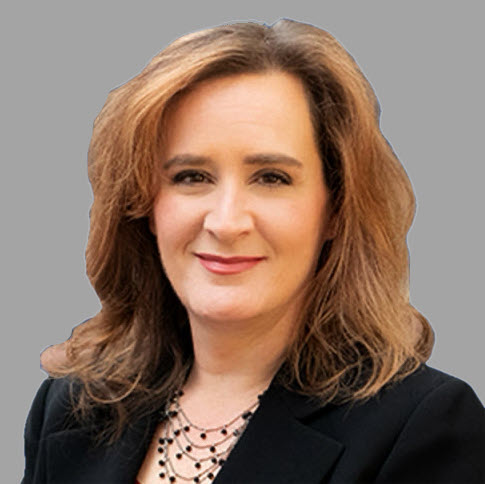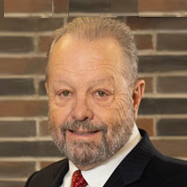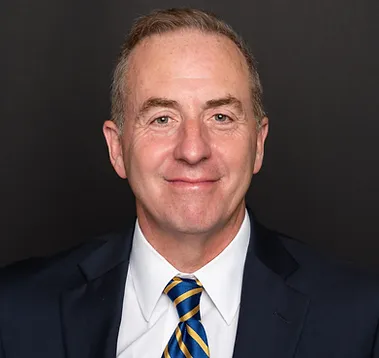My great-grandfather emigrated to the USA as a teenager from a country that no longer exists, and was a cobbler by trade. I treasure his two iron shoe stands passed down to me, because they are symbols of one man’s hard work that laid the foundation for generations of descendants. But they also bring to mind the old saying about the cobbler’s children having no shoes.
I have no reason to think that my grandmother didn’t have shoes, but I will confess that I, as an estate planner, spent several years without an adequate estate plan of my own. It makes me wonder how many of my colleagues are in the same boat. As estate planners, we should arguably have the most up-to-date and well thought-out estate plans. If the law changes, we should change our own plans first (if necessary), and then we are better equipped to help our clients. Perhaps it’s a bit like putting on your own oxygen mask first, before you help other passengers.
In the first few years of my practice, I spent much of my day talking to clients and potential clients about the importance of estate planning, and the concept of death was naturally a part of those discussions. At the same time, I didn’t understand why it was often difficult for clients to move forward. Only when I finally started to think through the same issues myself did it make sense; I realized that the reasons I didn’t have my own estate plan in order were similar to those that affect our clients. The primary reason: It’s not easy thinking about how your family will move on without you, considering death itself, and selecting someone else to take care of your children.
I will confess that I, as an estate planner, spent several years without an adequate estate plan of my own.
We as planners are in the best position to know exactly what can happen without an estate plan. I’ve watched a court appoint a guardian that I know the decedent would not have wanted, but she failed to sign her estate planning documents before she died. I’ve seen estates drained by administrative costs because a streamlined probate process wasn’t available (as it would have been with adequately drafted documents). And these are just two simple examples.
Even with that knowledge, it still took effort to finally focus on the hard questions – and to take my own advice. With my estate plan completed, I somehow felt slightly more qualified to advise others than I was before, and I certainly understood that even though I dealt with the impact of death every day, this was a new experience for most of my clients. It was easy for me to talk about these topics, but they could make clients uncomfortable. When my clients were reluctant to consider writing a will or selecting guardians, I remembered how hard it was for me, and I encouraged them in two ways – through empathy and by stressing the consequences of inaction.
First, it helped to acknowledge that these are complicated subjects, and that I had the same difficulty when completing my own estate plan. I understood that they would struggle with some decisions, because I struggled with many of them myself. Clients might need some time to process all of the information, or to consider their options. In the midst of all of the good counsel I wanted to pass along about the importance of planning, I would remember to pause from time to time, just to acknowledge that these are difficult issues, and difficult decisions. Just because the estate planner finds them easy to discuss, doesn’t mean they are easy.
Some clients were more inclined to drag their feet than others. For those situations, giving the client some time followed by a gentle “nudge,” may be a good solution. Let the client know that you understand they will need some time to consider all the things that were discussed, and that you would like to follow up with them in a few weeks. That may seem like a long time, but some people need that time. They might not start discussing the topics for at least a week, so when a communication from your office arrives in 2-3 weeks, it can bring the topic back to the forefront.
In that communication, (and at other times), reminding the clients of the consequences of failing to plan can also help. The simple fact that if you don’t choose a guardian for your children, a court will choose one for you was often enough to move the process forward.
I found other common themes, for both clients and myself alike, that you will recognize. A major hurdle is often that we don’t know who to name as guardian or trustee. Another issue that held plenty of people back is that they felt they had a simple family situation, and not a significant net worth, so they didn’t need an estate plan – those were only for really wealthy people. Others often found it difficult to discuss issues of property ownership with their spouse or children. Facilitating those discussions can be key, and that can often happen sooner if the estate planner reminds the client of the alternatives – and if you don’t decide, someone else will decide for you.
And that brings me back to the main point: while we are providing valuable legal advice to our clients and setting up their estate plans, we should remember to take care of ourselves. Everyone needs an estate plan, especially the estate planner. Completing your own estate plan is not only good for you and your family – it adds credibility and authenticity to your estate planning practice. Once you have followed your own professional advice, you are in a much better position to advise others.
Do you have an estate plan in place? Is it appropriately updated? I suspect that for many reading this, the answer is yes, and for those attorneys, I hope the information here helps you work with reluctant or hesitant clients. For those of you like me, take care of yourself and put your own plan in place, sooner rather than later. Spot the reasons you haven’t done so previously, and see if those reasons – and the things pointed out in this post – might resonate with your clients as well.
Please note: In our upcoming live roundtable event, “Lessons Learned from High-Profile Estate Plans (or Lack Thereof),” we will discuss estate plans that have been covered in the media, including celebrities who have passed away without a plan in place. Join us for that presentation, which may prove useful when working with clients who are reluctant to complete their own plans.
Meet the Author

Teresa Bush joined InterActive Legal in 2007 and serves as Director of Education and Content Support Services.
Ms. Bush has been licensed to practice law since 1991, and focused her practice exclusively on issues of estate and gift tax planning, probate, charitable planning, and estate and trust administration. She began her practice in a small law firm, planning for clients of all levels of wealth. Thereafter, she practiced for a number of years in the Tax Section of Kelly, Hart and Hallman, P.C. in Fort Worth, Texas, and as an estate and gift tax consultant for the Dallas office of Ernst & Young, in both cases focusing on planning for very high net worth clients.
Ms. Bush received her J.D. from the University of Texas School of Law, where she was a research assistant for Professor Stanley M. Johanson. She studied at Edinburgh University and the London School of Economics prior to obtaining a B.A. in Economics and Political Science from Rice University in Houston. While studying abroad, she worked as an intern for a Member of Parliament in the British House of Commons.
Ms. Bush taught legal research and writing as a Teaching Quizmaster in law school, and later taught estate planning extension courses for American College of Financial Services CLU candidates. She has presented several online webinars on estate planning and drafting topics, and is the author or co-author of a variety of estate planning articles.


